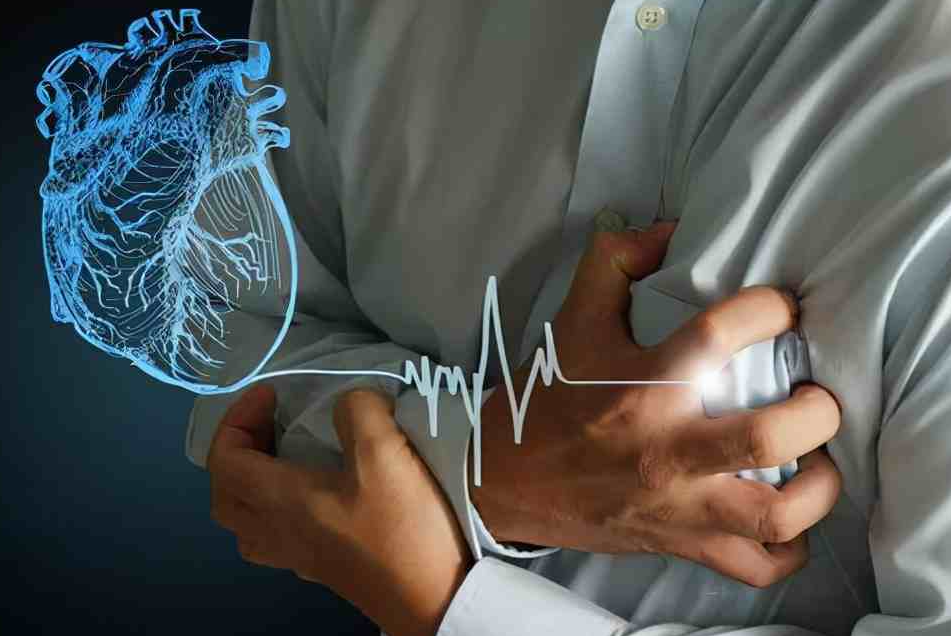
Cardiomyopathy is a group of heterogeneous myocardial diseases with different etiologies resulting in abnormal mechanical and electrical activity of the heart, manifested by inappropriate hypertrophy or dilation of the ventricles.
Severe cardiomyopathy can lead to cardiovascular death or progressive heart failure.
Cardiomyopathy is usually divided into primary cardiomyopathy and secondary cardiomyopathy, of which primary cardiomyopathy includes dilated cardiomyopathy, hypertrophic cardiomyopathy, restrictive cardiomyopathy, arrhythmogenic right ventricular cardiomyopathy and undefined cardiomyopathy.
Secondary cardiomyopathy means that cardiomyopathy is part of a systemic disease.
The occurrence of cardiomyopathy is related to many factors.
The cause of primary cardiomyopathy is unknown, while secondary cardiomyopathy is mainly related to infection, metabolic disease, endocrine disease, ischemia, allergy and other factors.
- Primary cardiomyopathy
The cause of primary cardiomyopathy is not well understood.
- Secondary cardiomyopathy
Common causes of disease are as follows:
(1) Infectious causes: more common in serious bacterial, viral, Rickettsial, protozoan and other infections, bacteria or viruses directly invade the myocardium, or its toxins affect the myocardium, causing cardiomyopathy, the so-called cardiomyopathy after myocarditis.
(2) Metabolic causes: The most common is cardiomyopathy caused by diabetes.
Secondly, myocardial changes were caused by familial glycogen accumulation disease, foot air heart disease, alcoholic cardiomyopathy, and cardiac amyloidosis.
(3) Endocrine causes: common hyperthyroidism, hypothyroidism, acromegaly and other causes of cardiomyopathy.
(4) Connective tissue diseases: more common in lupus erythematosus, rheumatoid arthritis, scleroderma and other causes myocardial damage.
(5) Ischemic causes: mainly refers to myocardial ischemic changes caused by coronary atherosclerosis and coronary artery spasm, leading to cardiomyopathy.
(6) Allergic causes: myocardial changes caused by hypersensitivity to sulfanilamide, penicillin and other drugs.
(7) Cause of toxicity: burn, diphtheria, typhoid and other bacterial toxins directly damage the heart muscle and cause cardiomyopathy.

